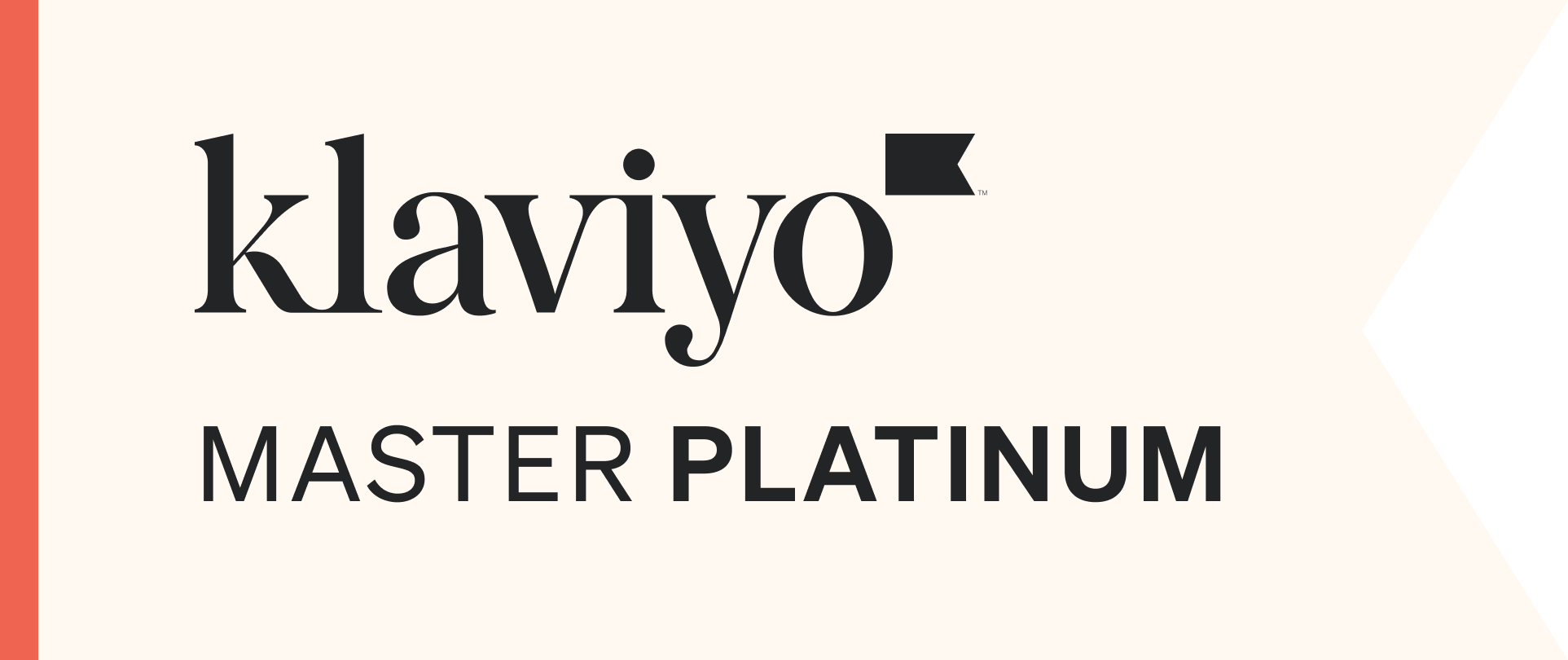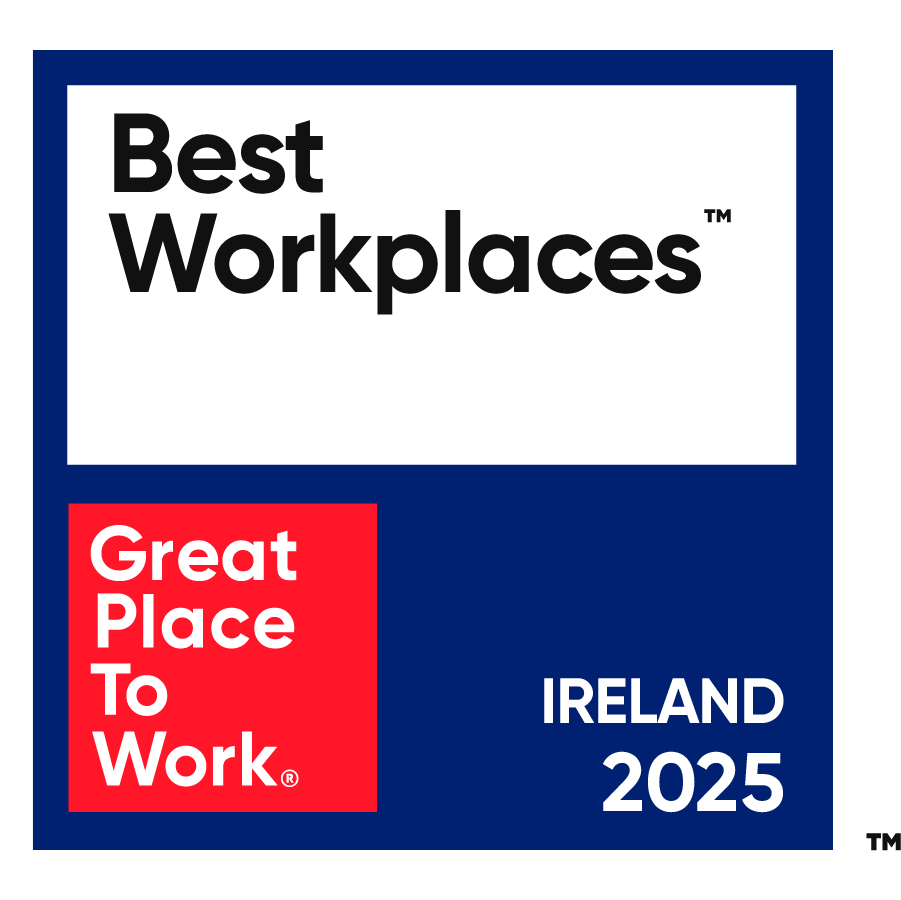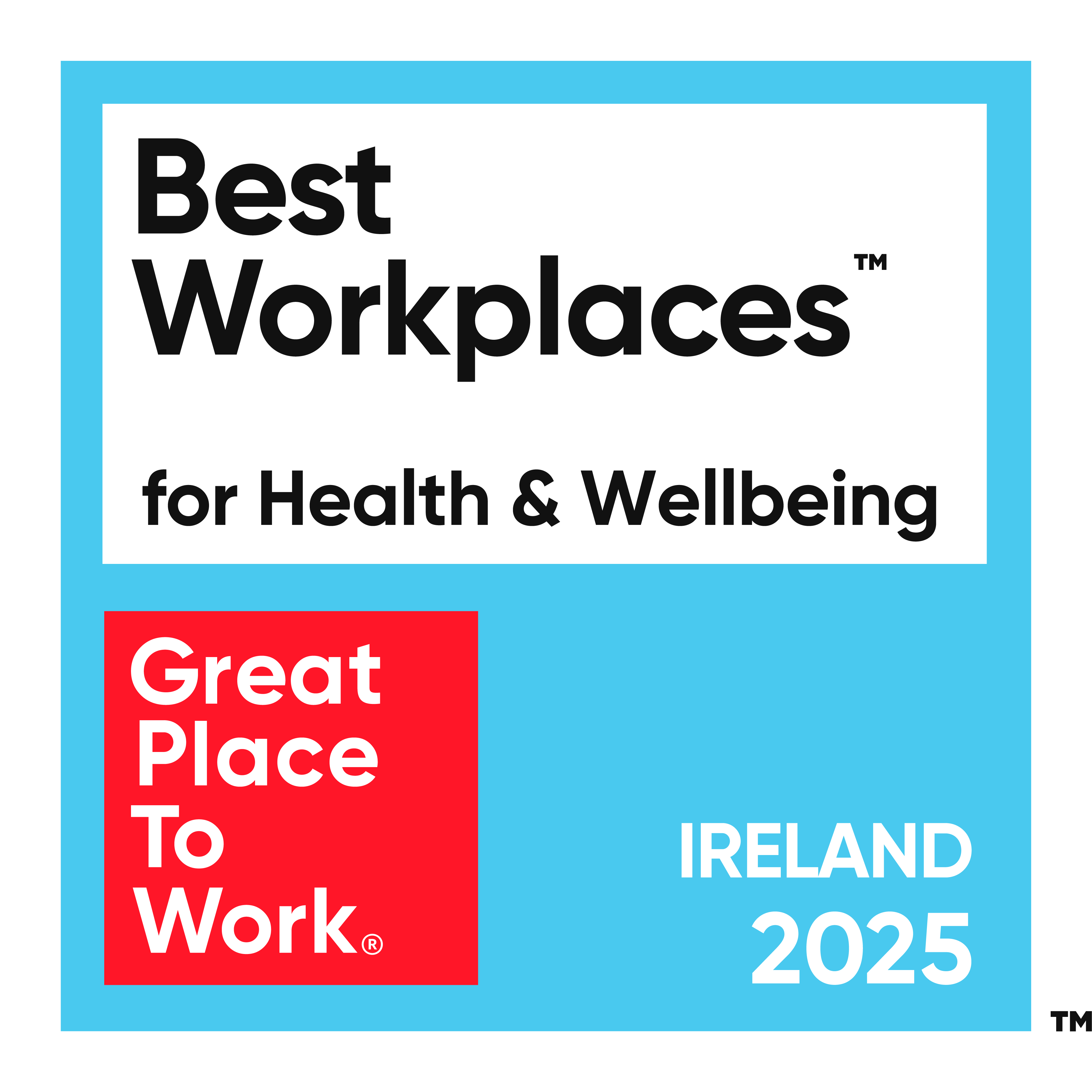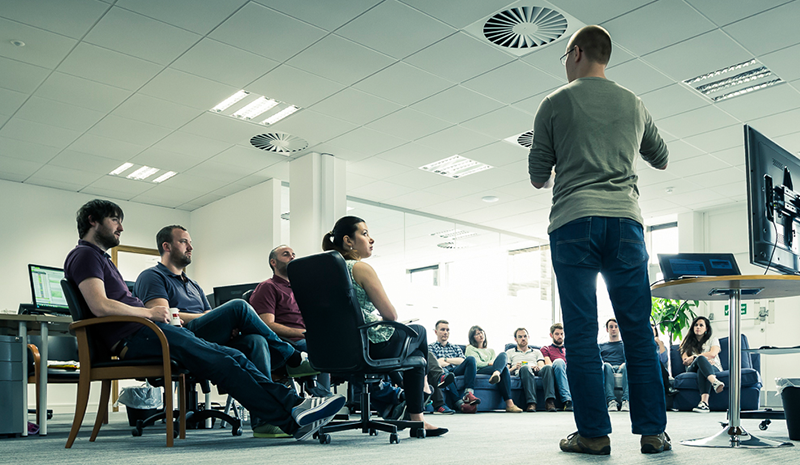By Alan Coleman on 6 Jun 2014
What’s Going On? The US Federal Communications Commission is moving forward with a proposal to change the way the internet is used in the US. The proposed move will create a 2 speed internet. If a business can pay large fees to the internet service providers (ISPs) they live on the fast track, if they not they suffer the slow track. The end goal for these power hungry ISP oligopolies is to become the gatekeepers of the internet. Deciding which parts of the web users can and can’t navigate to, giving preference to their own content and that of their partner companies. This is an affront to the philosophy of "Net Neutrality". What is Net Neutrality? Net neutrality is fundamental to the web as we know it. There are 2 important concepts underpinning net neutrality. Democracy In a nutshell net neutrality means ”All Data Is Created Equal”. As internet users, we have equal access to smaller independent websites, such as Broadsheet, as we do to large corporation’s websites, such as Bloomberg. Additionally as content producers, anyone of us can publish content, such as this blog post, which potentially has equal access to the world’s internet population as does an article on say Huffington Post. Decentralisation The internet is a decentralised network. This means it would be pretty hard to turn it off. It also means we can all access the web as users, and contribute to it as content producers without having to get an OK from a central authority. The moves outlined by the FCC are a move towards centralised control of the web. This is a very scary proposotion. Who would you trust to control the web? Why is this a really big deal? Here’s a recent quote on the subject from world wide web inventor Tim Berners Lee, “I believe that the future of the web is under threat from some governments that may abuse their powers, some businesses that may try to undermine the open market”. The internet is an incredible experiment in human collaboration. In theory a website like Wikipedia, (everybody please stick up what you know and don’t act the maggot uploading false information thank you) should never work, yet it is an astonishing success. Studies have shown Wikipedia is as factually accurate as the bastion of all knowledge, Britannica. From a political perspective the free web has played an important role in social uprisings such as the Eygyptian revolution. And then on an individual level our work, financial, family & social lives are markedly different now than they were 15 years ago as a result of the dramatic innovation a free web has engendered. This “2 speed” scenario will be the death of digital innovation and could impact free communication. The internet companies that have changed our lives such as Google, Wikipedia, Facebook, Netflix, YouTube, Amazon etc would have found it far more difficult to have grown from start up to success without equal access to all internet users. Reading bores me, show me a video: Here’s an eloquent and entertaining video on net neutrality from HBOs John Oliver:[embed]http://youtu.be/fpbOEoRrHyU[/embed]
Wow that’s really interesting, where can I learn more? If you are interested in learning more, Tim Wu is the man who coined the term “net neutrality” and his book The Master Switch is a fascinating read. It details how every media from telephone, to radio, to film, to TV experienced a similar life-cycle from makers to corporations. Right now it appears the pattern appears set to repeat with the internet, with drastic consequences for innovation and a democratised web. The Good News Europe has voted to protect Net Neutrality, WOOP. Go Captain Europe! If the US proceed with their attack on net neutrality I expect to see a flight of technology talent & capital from the US. I wonder where they’d go?
If the US proceed with their attack on net neutrality I expect to see a flight of technology talent & capital from the US. I wonder where they’d go?



.png)
.png)







_2025.png)

